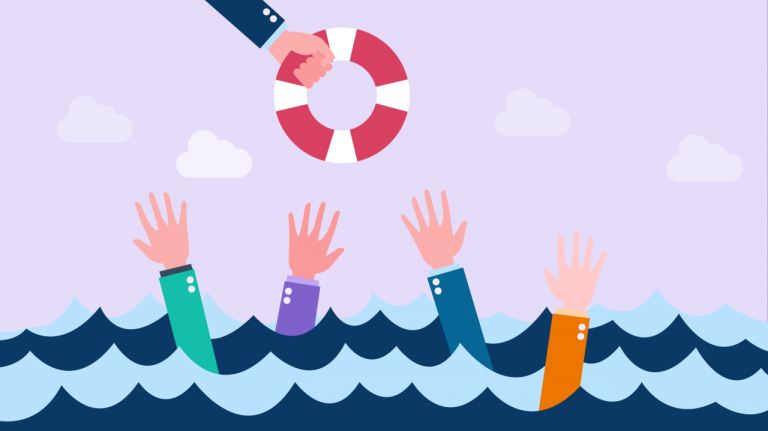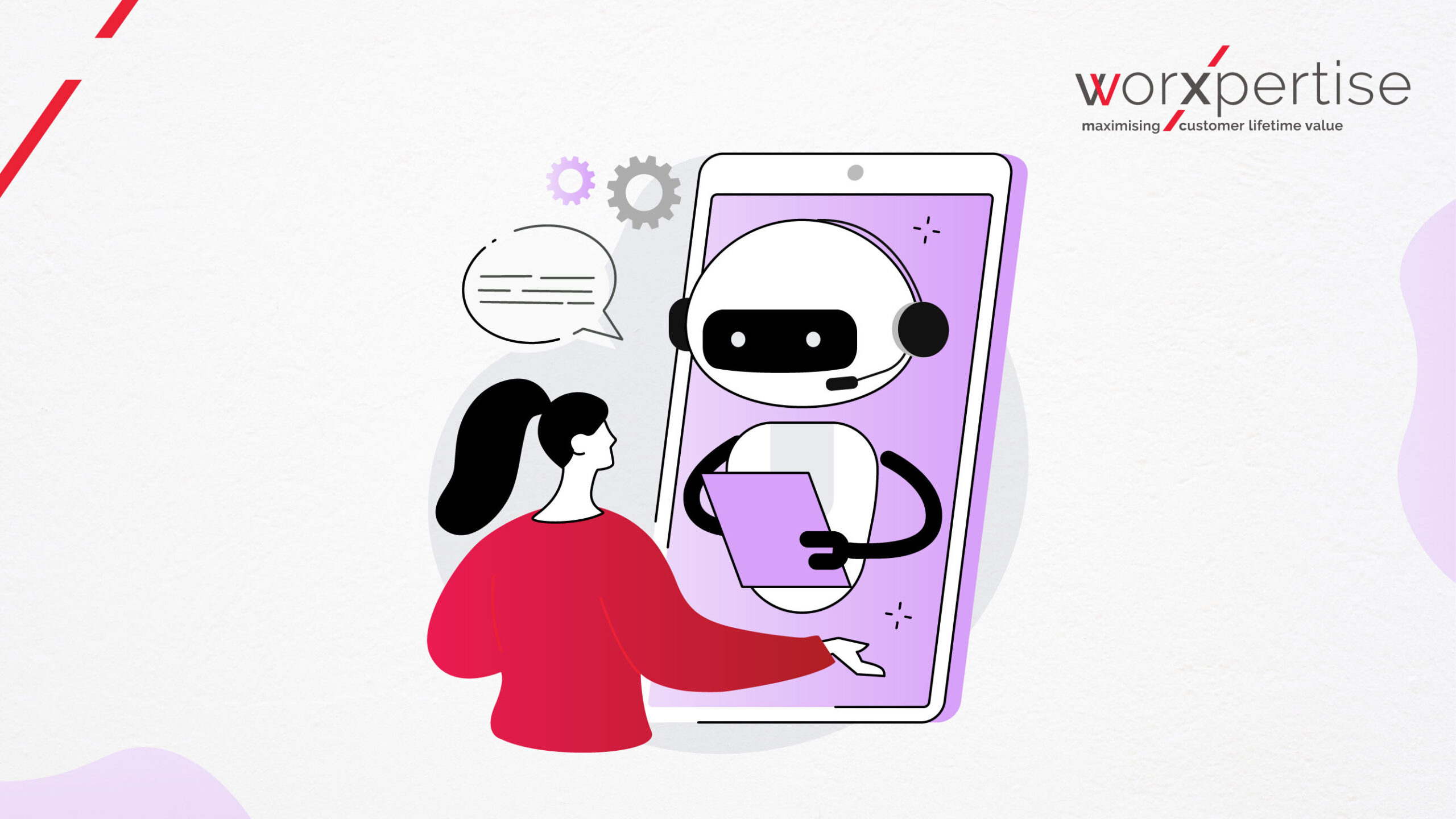
Crisis Strikes
The feeling is so overwhelming that it numbs our ability to think and act. No matter how educated and rational you are, let us face it, we become emotional wrecks apprehensive of the task in hand and fearful of the future. For me, this is what is a crisis.
Typically, we may have faced three types of crises. These are personal, – such as a sudden accident, situational like a natural disaster e.g., earthquake, or social – such as war, epidemic disease or political unrest. It does not matter what type of crisis; we all experience the same emotions triggered by the setback.
The challenge lies in recognizing the difference between crisis and just a minor dent in circumstance. I know of a recent occurrence that highlights this.
Personal Crisis
While driving back from a kitty party Monika (name changed) received a frantic call from her young son who had just met with a car accident. Over the next 15 minutes, her son called her at least 4 more times, asking her to reach the accident site. Monika called her husband and told him about the accident and asked him to wait until she returns home. She reaches home almost 20 minutes after receiving the first call. Soon after Monika and her husband left for the accident site, but Monika decided to fill petrol in their car which had near-empty fuel levels. While driving to the accident site, the son called once more, to inform that he was picked up by the police and they were on their way to the local Police station. This delay in reaching the accident site became very costly resulting in complex legal entanglement. Monika did not consider the accident to be very serious as she thought her son was safe and not injured. You may argue, that most people would have missed the gravity of the situation and not recognize it as a crisis.
Situational Crisis
While growing up in Darjeeling, it was normal to see landslides during the monsoon. In October of 1968, there was a heavy downpour for more than 48 hours. We woke up to scarred mountains all over. The landslides caved out road and rail tracks. Lots of people got buried under heaps of earth and rocks. Overnight things changed for all. Tourists were trapped in the town. The residents stared upon scarcity of food and essential items. No water, no power as the landslides had left everyone affected. No one could anticipate such a situation. The crisis was obvious but recognizing the magnitude was not. It took more than 6 months to restore normalcy.
Social Crisis
COVID 19 – the world has recognized it as pandemic and the crisis is for all to experience. Noticeably people are stoic and are largely indifferent to the potency of the virus in most parts of the world except in countries that have faced the brunt like Italy and Spain. Most Governments in the world took a long time to recognize the spread of this virus as a crisis. By the time actions such as forced curfew, social distancing was announced the virus had spread far and wide. It is like a small tumor that one ignores initially to discover full-blown cancer later on with deadly consequence.
So, what are the lessons to take, from the personal, situational or social crisis? I would leave the following thoughts and actions: –
- Learn to recognize that all events become trivial or huge after the occurrence. So do not ignore any sensible action in the name of thinking it over. Much that you may fear the unknown, you have to face it. Procrastination does not help.
- Switch off your emotional distress and switch on pragmatism. Be aware of the situation in hand. Identify the linkages and its implication on your challenge. If it is an accident, then a number of issues may need to get addressed such as hospital, medical assistance, police, lawyers, media, victims, vehicle, insurance, and host of related aspects. The challenge is to prioritize and act based on what is most immediate and important without letting emotions erase rationality. In the initial moments, Monika and her husband became nervous wrecks and surrendered themselves to some relatives and acquaintances. This action proved extremely damaging as these people ended up complicating matters leading to very serious legal consequences. The immediate task in hand requires level-headedness and must be objective enough to recognize long term consequences of immediate actions or inactions. Get into action and do not be a passive bystander dependent on people for help. It is your crisis and not theirs, do not forget this perspective. This wisdom is more of an afterthought as opposed to handling the situation. It is important to develop a network of experts and not random advisors. If done proactively, one can tap into the resource when needed.
- Prioritize your choices of what you must do first. Be decisive, if it is a personal crisis. You cannot speculate the consequence always correctly. So, take action. In Monica’s case, she could have avoided going home and instead visited the accident spot. The detour proved costly. No matter how big or small the incident, it is important to have clarity in terms of taking decisive action especially when the magnitude of the incident is unknown.
- If you are struck by a natural disaster, remember, you are not alone.If you have survived, help others survive. Offer your helping hand first. It is pointless thinking about what you may have lost. As a lucky survivor, lend your helping hand to others who need it. In India, the first community that jumps into rescue and help are the Sardars. The Gurudwaras provide food shelter and assistance to displaced persons. Likewise, you have Bharat Sewa Ashram providing community help. Please join the bandwagon of volunteers and provide relief and assistance. Life acquires fresh meaning when you can step out and reach out instead of counting your losses and banging your head.
- In a pandemic environment, it amazes me to see that most people have chosen to self- quarantine without much enforcement. For once, the media, notorious for negative news has been successful in restraining people to be self-disciplined. Yet we see outliers hoarding essential medical supplies, food in expectation of a very dark future. This stems from fear. In such a crisis once must cooperate with the authorities and help others by helping ourselves. Since the disease is contagious, one can be objective by understanding the consequence of actions that prevent rather than speculating about dark days and its fall out. Like a storm, this too will pass away. Taking precautions is a must to action under these circumstances.
- Negative self-talk on being a victim of circumstance or by enforcement does not help. In order to change the emotion to rationality, one must believe that nothing lasts in permanence. That bad times necessarily end to give way to better times. Remember, dragging on fear and negativity can plunge you into a bottomless pit of despair. It will not only cause depression but can reduce your immunity. You have no choice but to face and fight. Take recourse to whatever you like doing without a shade of guilt. In your privacy, engage in distracting activities that immerse. It is perfectly OK to be doing this for yourself. Be sure to remember, you can help others by helping yourself first.
- Many advisors pop up and some show optimism while others may have a pessimistic view. This is the period; your mind is most volatile and will cling on to every bit of negativity and act as a hangover. You may become very sensitive to what others say, do or not do. Calm yourself, it is not about you, but the situation. No point speculating on the future. Some things you cannot change or some problems you cannot solve. In India, we engage astrologers for help and seek assistance for dealing with the present and get a timeline in which stars would turn into favorable conditions. You need to be decisive on whom to listen, who not to listen and who to engage and not engage as sources of potential help. My personal opinion is to make these choices very fast because they will matter a lot. Remember, you may need professional help and guidance. Inexperienced people can do more damage than good. In our connected world, information is available at your fingertips. Read, watch videos and learn, to acquire knowledge and knowhow on what others may have done successfully. The caution is not to overdo it as it can overload with information that may be beyond the scope of what you are dealing with.
- During the crisis, social distancing matters a lot. It must be done to retain one’s sanity and remain objective. This means relationships matter, but sharing experiences with people who can genuinely relate to your circumstance may matter more. I have chosen to segregate such relationships between hollow and real. The hollow ones are peripheral and these people like fodder for their gossip based on your pains. Some may tell you about how others think about your circumstances in acidic tones. Learn to ignore what others think. The real ones are full of empathy and have the ability to help mentally and emotionally. They are trustworthy and can be counted upon to standby during dark days. In fact, this is the litmus test of determining your relationships that you would retain and cultivate while discarding others. The ones who standby you will make you grow.
- Patience to temper your expectations and cope with the situation. In a crisis situation, things happen at their own pace and time. You cannot restore the previous normal in the time and way you want. Recognize the previous normal has changed forever. Hence, being anxious and impatient with what seems like endless time does not help. Some of the wounds heal while others don’t in the near term. Living for the day and for the moment may matter more, but unfortunately, we often choose to live in the past or a bleak future while ignoring the moment. You may set a routine that has an array of activities so that you can immerse yourself with the tasks in hand. While this will help in restoring the lost rhythm, you may create space in your mind to think rationally and decide on appropriate action.
- Finally, in your loneliest and darkest hour, you need to consider that we humans are just a form of life that has an expiry date. This is the time to redirect your thoughts to the spiritual domain. Meditation and conversation with the superpower should open your mind to the world beyond. Prayers and deep conversations with your inner self will enable you to reflect and recast your energy to widen the context of your engagement with life from the immediate and less known to the future and unknown in a balanced and exploratory manner.
- Have a template ready and handy for crisis management to handle personal, situational and social.
A crisis can strike anytime. It can be personal or get created by natural disasters or by an epidemic, war and other sources with social consequences. Dealing with it needs tempered emotions and high rationality to make choices, undertake actions, reach out and become available for help. Life is a one-way journey that has an eventual destination so recognize the trip and live in the moment.
Original source: https://www.linkedin.com/pulse/crisis-strikes-siddhartha-bhattacharjee/




